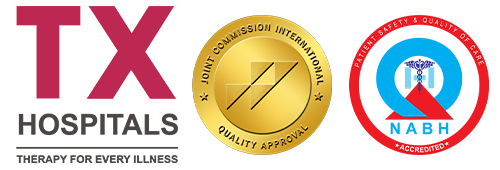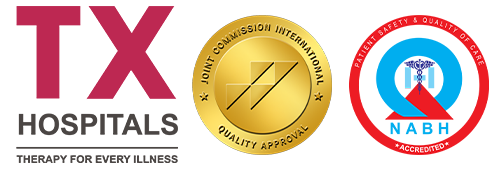Ovarian cancer
Ovarian cancer is a formidable adversary, a silent intruder affecting the ovaries, the vital organs in a woman’s reproductive system. This disease often develops without early symptoms, making it challenging to detect in its initial stages. However, understanding ovarian cancer is crucial for both medical professionals and individuals as early detection can significantly impact treatment outcomes.
Risk Factors
The risk factors for ovarian cancer involve more than just statistics; they embody the stories and experiences of individuals:

Age: Ovarian cancer most commonly affects women over 50, yet it can strike at any age.
Genetics: A family history of ovarian or breast cancer may elevate the risk.
Reproductive History: Factors like never having children or starting menstruation early may play a role.
Symptoms
The symptoms of ovarian cancer are not just clinical observations; they are the whispers of the body signaling for attention:
Abdominal Pain: A persistent, nagging discomfort that refuses to be ignored.
Changes in Bowel Habits: Unexplained constipation or other digestive changes.
Unexplained Weight Loss: The body’s way of telling a story without words.
Diagnosis
The journey of diagnosis is more than medical tests; it’s a path individuals walk, hoping for answers and clarity:
Pelvic Exam: A moment of vulnerability but a crucial step in early detection.
Imaging Tests: Pictures that unveil the hidden, providing a map for medical intervention.
Blood Tests: Searching for markers that may tell a story of unseen battles within.
Stages
The staging of ovarian cancer goes beyond numbers; it delineates the journey ahead:
Stage I: A hopeful beginning, where the battle is confined to the ovaries.
Stage II: The journey extends to neighboring organs, bringing new challenges.
Stages III-IV: A more intricate path, where the fight spreads, demanding resilience.
Treatment
Treatment is not just a medical protocol; it’s a narrative of strength and resilience:
Surgery: A courageous step towards removing the enemy within.
Chemotherapy: The battleground where medications wage war against cancer cells.
Radiation Therapy: Targeting the unseen with focused energy.
Lifestyle Changes
Living with ovarian cancer involves not just medical adjustments but a holistic approach:
Nutrition: Fueling the body for the fight with wholesome, nourishing foods.
Emotional Support: A network of love and understanding, vital for the emotional journey.
Prevention and Screening:
Preventing ovarian cancer is a collective effort, involving both medical and lifestyle choices:
Genetic Counseling: Understanding one’s genetic story for proactive measures.
Regular Check-ups: The vigilance of routine examinations, an act of self-care.
Conclusion:
Ovarian cancer is more than a medical condition; it’s a journey of strength, resilience, and hope. Each individual facing this challenge brings a unique story to the fight. As we delve into the complexities of this disease, it’s essential to remember the human element—the courage, the fears, and the unwavering hope that accompanies the battle against ovarian cancer.







